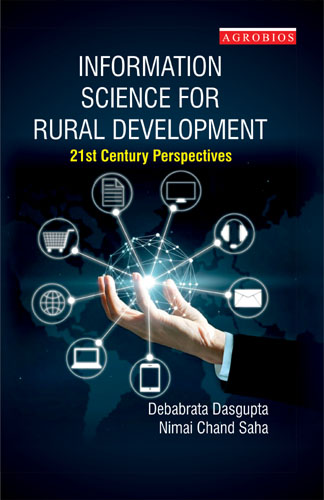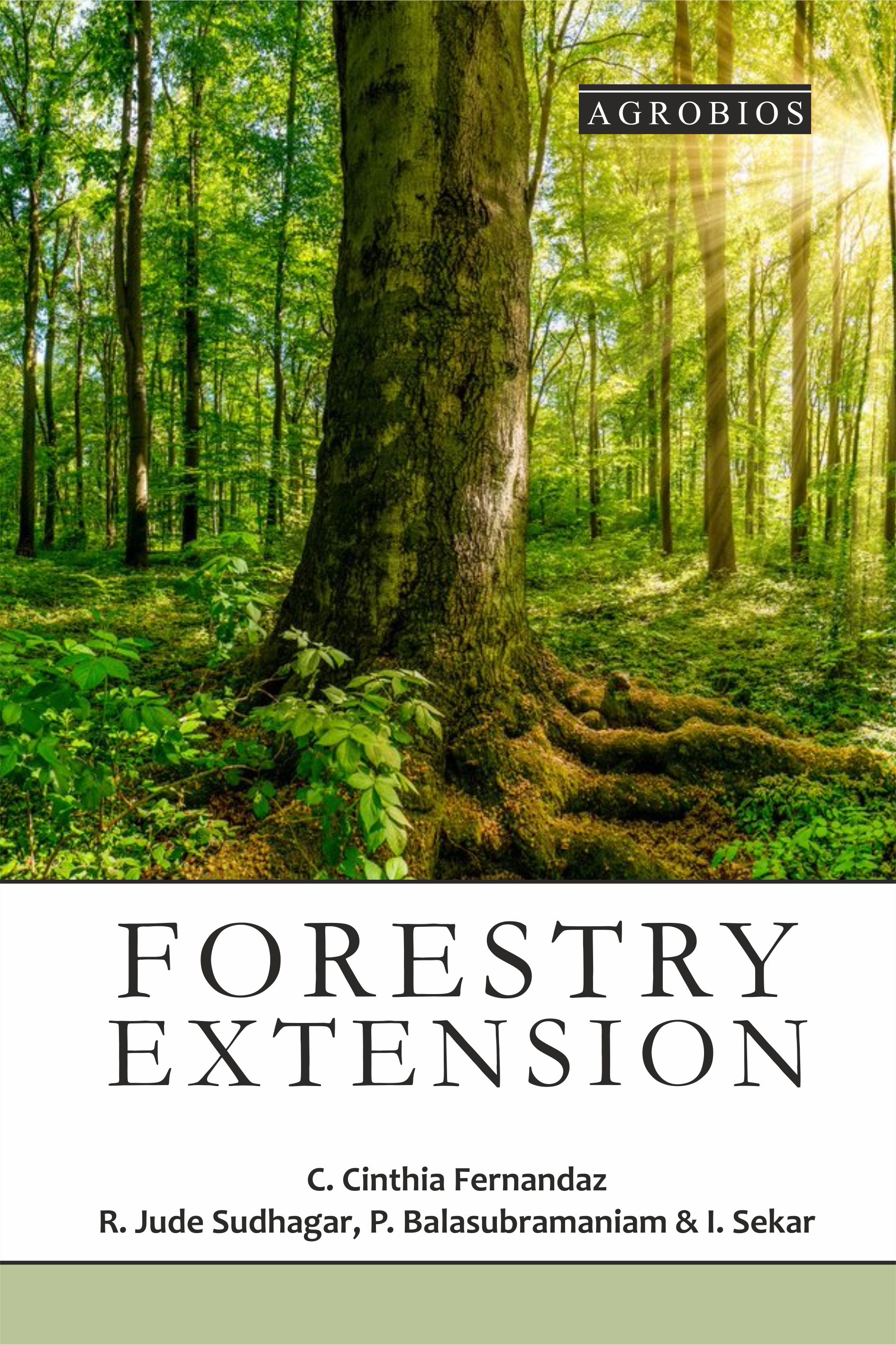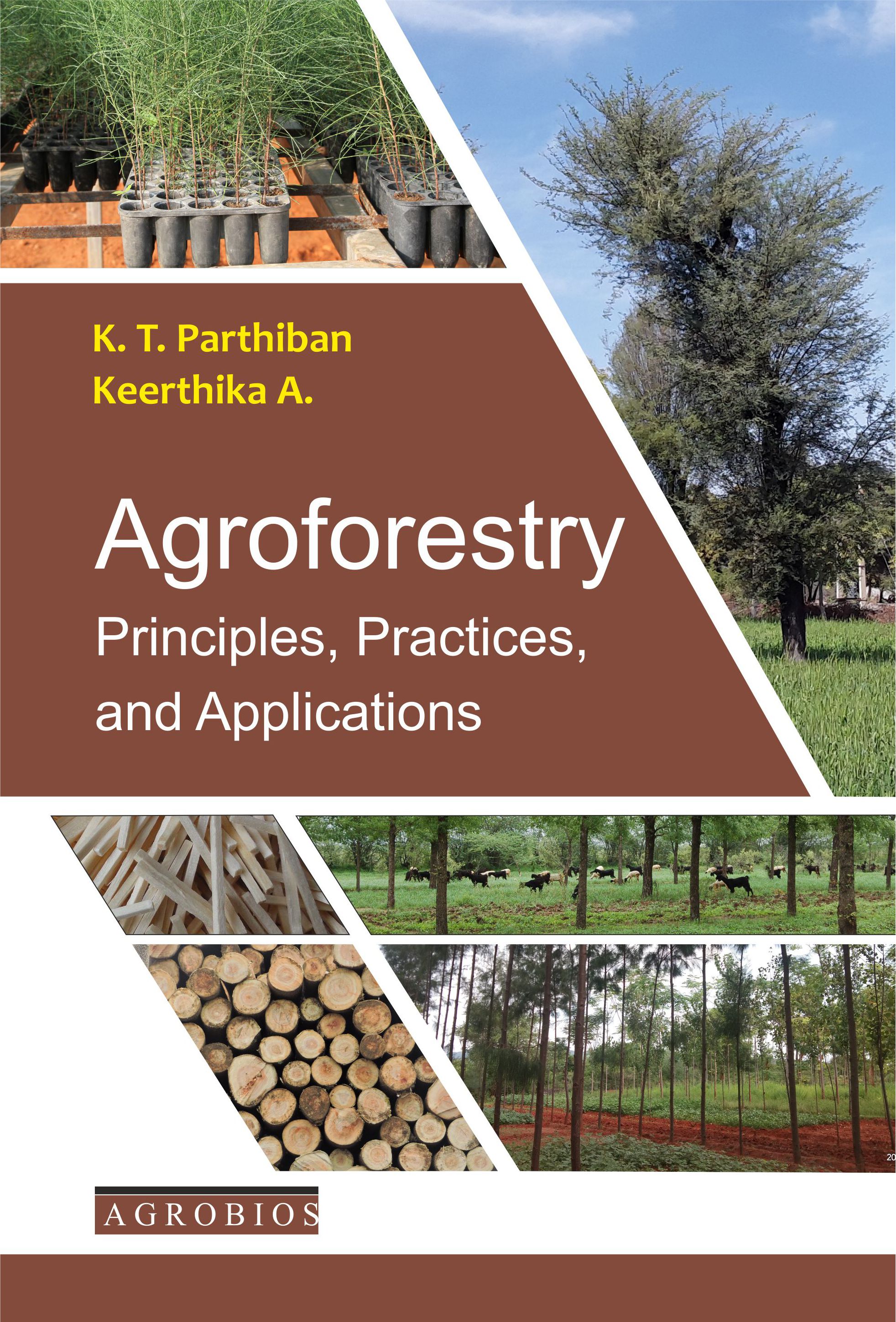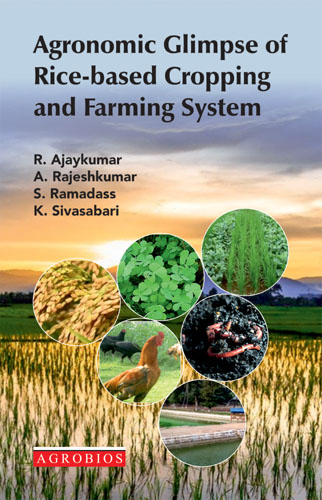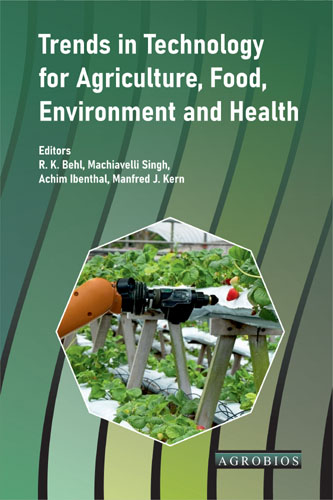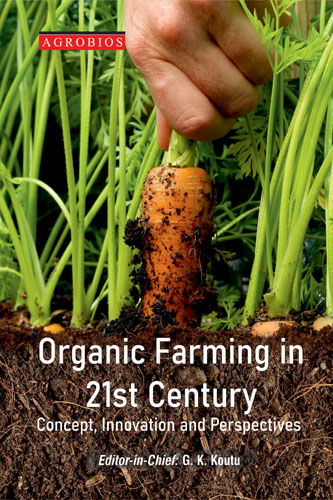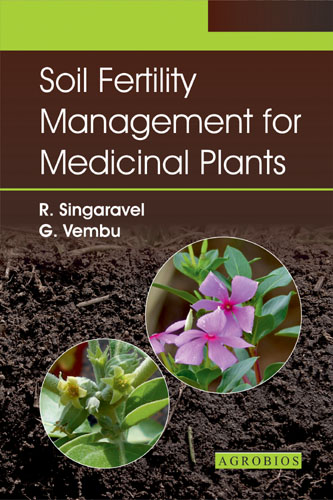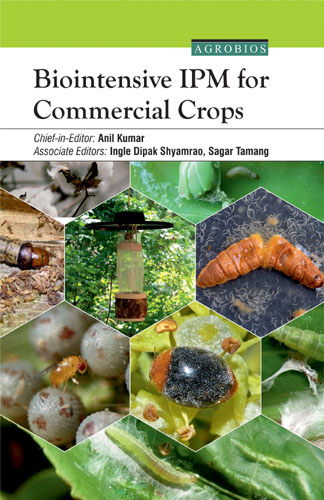Indigenous Knowledge Systems And Common Peoples Rights
Indigenous Knowledge (IK) is the local knowledge - knowledge that is unique to a given culture of society. IK contrasts with the international knowledge system generated by universities, research institutions and private firms. It is the information base for a society. Indigenous information systems are dynamic, and are continually influenced by internal creativity and experimentation as well as contact with external systems. One of the major lacunae in India agricultural and rural development is its relative failure to recognize the importance of IK of farm people, as a potent surface of powerful ingredient of a judiciously synthesized technology. The importance of global commitment towards the conservation of biodiversity is no longer questioned. The Global Biodiversity Strategy, for example, includes as one of is ten principles for conserving biodiversity. During the past few decades a rapidly growing set of evidence indicates a strong relationship between indigenous technical knowledge and sustainable development. Furthermore, this knowledge offers new models for development that are both ecologically and socially sound. Capitalistic approach towards exploitation of biodiversity and IK and unequal benefit sharing have raised issues of ownership of knowledge and questioning of intellectual property rights (IPR), the principal legal mechanism for protection of IK, innovation and practices.
IKS and common peoples rights has been explored and explained through 31 chapters focusing on (a) overall theme, (b) theoretical angles, (c) biodiversity and sustainability issues, (d) technology socialization and peoples participation, and (e) peoples rights and IKS.
This volume should be treated as a reference for several purposes. This may be widely used by UG and PG students of agriculture, animal science, fishery, home science, dairy science. Besides, it should also serve as a reference manual for training and management centers, various government departments, banks and NGOs.
Prof. Dasgupta D
 555
555
Table of Contents..
- Indigenous Knowledge Systems and Common People's Rights
- The Interfacing of Exotic and Indigenous Knowledge System: the Dialectics and Dictum
- Documentation of Indigenous Knowledge: Need of the Hour
- Limitations of Indigenous Knowledge System- An Experience from Eastern Region of India
- Indigenization Vis-A-Vis Modernization of Technology-Appropriate Way for Technology Generation and Dissemination
- The Cataloging and Quantification of Itk of North East India: A Gender Matching Approach
- Developing Indian Villages through Indigenous Knowledg'e Network
- Farmers Knowledge and Scientists' Knowledge: Myths, Mutualties and Synergies
- Indigenous Technical Knowledge of Farming System in Orissa
- Indigenous Knowledge in Agricultural Production
- Indigenous Knowledge Vis-A-Vis Biodiversity Conservation
- Indigenous Knowledge System for Water Management: A Case Study in A Tribal Dominated Watershed
- Traditional Rice Pest Management Practices in Assam
- Indigenous Knowledge Based Conservation of Medicinal Plants in the Genomic Era - A Conflict
- Indigenous Knowledge Based Biopesticides for Sustainable Pest Management of Okra (Abelmoschus Esculentus Moench)
- Sustainable Irrigation Management through Indigenous Knowledge
- Indigenous Knowledge System and Institutions for Sustainable Natural Resource Management in Cold Arid High Altitude Area of Ladakh
- Sustainable Rural Development: An Indian Experiment Utilizing Indigenous Knowledge Systems and Communication
- Indigenous Technical Knowledge (Itk) Used By Rural Women in Bangladesh
- Incorporating Indigenous Technical Knowledge in Integrated Pest Management Programmes: A Participatory Technology Development Approach
- Feasibility of Using Indigenous Technical Knowledge in Anagment of Agricultural Crops
- Role of Traditional Media in Conserving Indigenous Knowledge: A Study of Tharu Tribe of Uttar Pradesh and Uttaranchal
- in Search of Appropriate Strategy for Agricultural Technology Generation for India in New World Order - An Exploration
- Voluntarism, Human Rights and Globalization - A Synergy and Implications for Social Work Practice
- Peoples' Right to Live Is At Stake in Jadugoda of Jharkhand, India: An Exploratory Research from Indigenous Point of View
- Intellectual Property Rights and Indigenous Knowledge: A Major Challenge for the Rural People
- Biodiversity Management and Sustainable Development - the Issues of Indigenous Knowledge System and the Rights of the Indigenous People with Particular Reference to North Eastern Himalayas of India
- Resource Utilization and Tribal Life in Muhammadbazar: A Penetrating Revelation
- Development Strategies Vis-A-Vis Human Rights: Response of A Tiny Tribal Community of Andaman Islands, India
- Pastoralists and Indigenous Knowledge in Arid Rajasthan
- Common People's Right and Planting Material Production in India - A Mission Approach
- Abbreviations and Acronyms
- Author Index
- Subject Index
Book Details
Book Title:
Indigenous Knowledge Systems And Common Peoples Rights
Indigenous Knowledge Systems And Common Peoples Rights
Book Type:
REFERENCE BOOK
REFERENCE BOOK
No Of Pages:
322
322
Color Pages :
0
0
Color Pages :
0
0
Book Size:
CROWN QUARTO (7.5X10)
CROWN QUARTO (7.5X10)
Weight:
800 Gms
800 Gms
Copyright Holder:
All Rights Reserved
All Rights Reserved
Imprint:
M/s AGROBIOS (INDIA)
M/s AGROBIOS (INDIA)
Readership:
PG STUDENTS | SCIENTISTS AND RESEARCHERS |
PG STUDENTS | SCIENTISTS AND RESEARCHERS |




